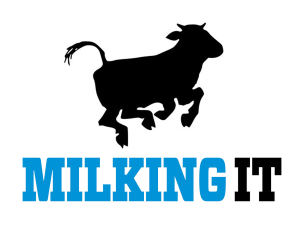This declaration follows a detailed investigation. So we ask, what happens to the claim Otago University made that farmers were responsible for the outbreak? An academic from the university told media lambing was the problem.
Health NZ says based on all the gathered information to date, its most likely hypothesis was that the outbreak started through human faecal contamination of the source water in Lake Wakatipu, which has then been collected into the Two-Mile water treatment plant’s intake pipes, then moved into the water reservoir.
They say the contamination could have been from swimmers, sewage from a boat, wastewater overflows or other faults in the system.
Will farmers be getting an apology?











